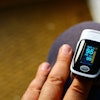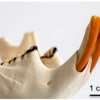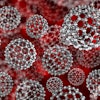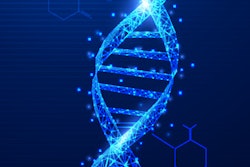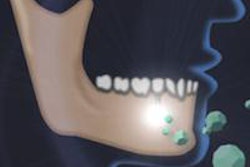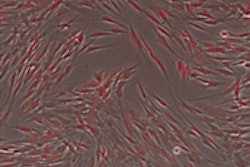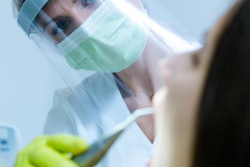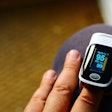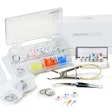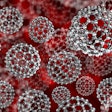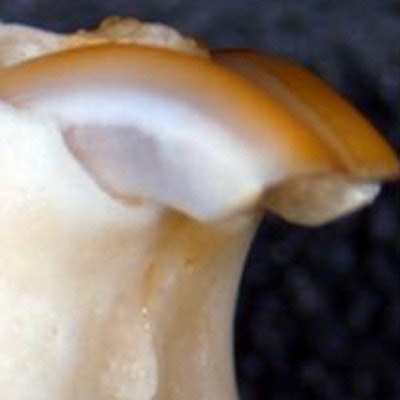
A monoclonal antibody may be able to stimulate tooth regeneration, according to research published online recently in Science Advances.
Researchers from Kyoto University and the University of Fukui in Japan found that an antibody for the uterine sensitization associated gene-1 (USAG-1) can stimulate tooth growth in mice with the congenital condition of tooth agenesis.
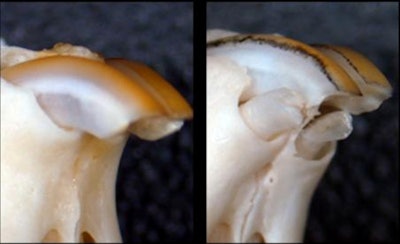 Deciduous incisors erupt as excess teeth in a mouse deficient in USAG-1. Image courtesy of Kyoto University.
Deciduous incisors erupt as excess teeth in a mouse deficient in USAG-1. Image courtesy of Kyoto University.After experiments showed that bone morphogenetic protein (BMP) signaling was essential for determining the number of teeth in mice, the researchers discovered that a single administration of an antibody was enough to generate a whole tooth. The same benefits were found in ferrets during subsequent experiments.
"Ferrets are diphyodont animals with similar dental patterns to humans," said co-author Dr. Katsu Takahashi of the Kyoto University Graduate School of Medicine in a statement. "Our next plan is to test the antibodies on other animals such as pigs and dogs."
